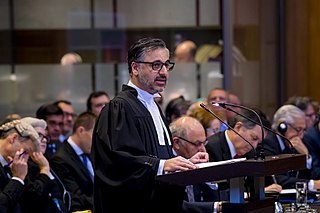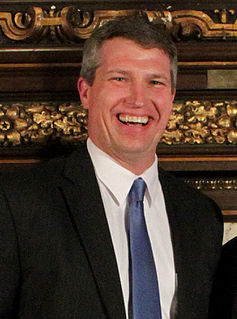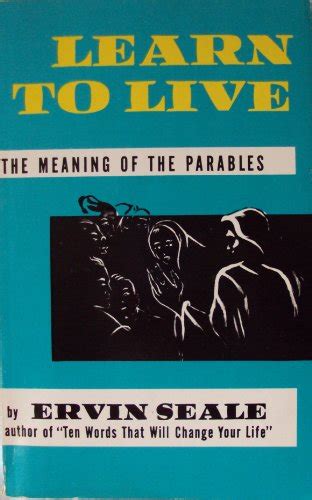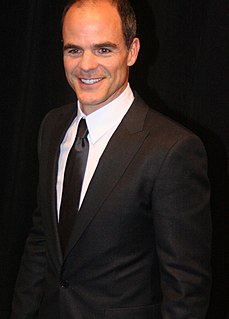A Quote by Revilo P. Oliver
A political philosophy (often called "political science" by practitioners who are not averse from verbal trickery) must deal with contemporary realities. If it does not, if it is charged with "ideals," it is merely a variety of romantic fiction, although it may not be recognized as such.
Related Quotes
The adjective "political" in "political philosophy" designates not so much the subject matter as a manner of treatment; from this point of view, I say, "political philosophy" means primarily not the philosophic study of politics, but the political, or popular, treatment of philosophy, or the political introduction to philosophy the attempt to lead qualified citizens, or rather their qualified sons, from the political life to the philosophic life.
Science fiction is a weird category, because it's the only area of fiction I can think of where the story is not of primary importance. Science fiction tends to be more about the science, or the invention of the fantasy world, or the political allegory. When I left science fiction, I said "They're more interested in planets, and I'm interested in people."
My social philosophy may be said to be enshrined in three words: liberty, equality and fraternity. Let no one, however, say that I have borrowed by philosophy from the French Revolution. I have not. My philosophy has roots in religion and not in political science. I have derived them from the teachings of my Master, the Buddha.
To me, the amazing thing is that so much that was science fiction back then, political fiction, today is reality. We have indeed a spacecraft called an international space station. And we have the diversity of this planet working on that ship, including Americans and Russians working side by side. I think the imagineers are the ones that set the goal. And the inventors and the technicians see that as a goal to work toward, or the political scientists and the diplomats. And eventually, that's arrived at.
The task of the political philosopher can only be to influence public opinion, not to organize people for action. He will do so effectively only if he is not concerned with what is now politically possible but consistently defends the "general principles which are always the same." In this sense I doubt whether there can be such a thing as a conservative political philosophy. Conservatism may often be a useful practical maxim, but it does not give us any guiding principles which can influence long-range developments.
I was in college, and I studied everything, but was really not good at anything until I found philosophy, and, then, political science. I thought, 'Wow, this is something I really enjoy.' I kind of got into that whole world of law and political science. I was really into it and enjoying it, and then I took an acting elective, and that was it.

































